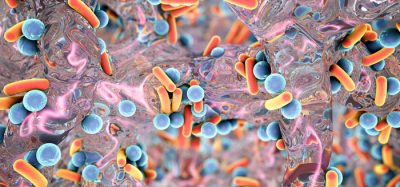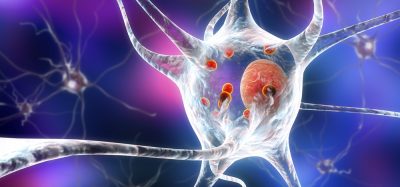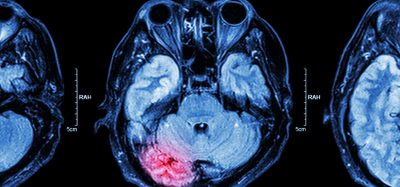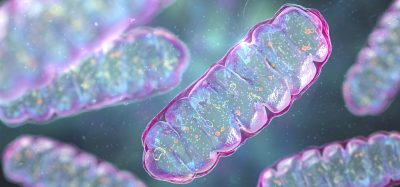Scientists stress need for research into COVID-19 symptom treatment
Posted: 15 May 2020 | Victoria Rees (Drug Target Review) | No comments yet
In a new article, researchers highlight the need for treatments to combat the potentially lethal overreaction of the immune system in the progression of COVID-19.
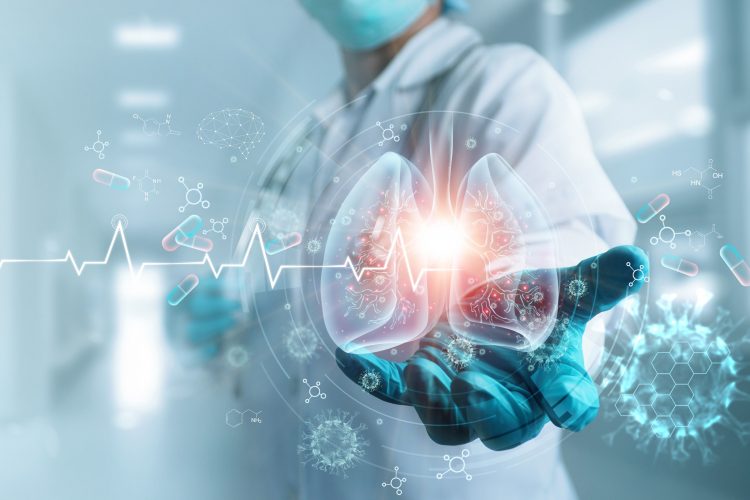

In a newly published review article, a team of experts from Zunyi Medical University in China review the epidemiology, disease pathway, symptoms, diagnosis and current treatment of severe COVID-19. They stress the key role of a potentially lethal overreaction of the immune system in the progression of the disease.
The authors explain what is known about how the COVID-19 virus infects the airways, multiplies inside cells and in severe cases causes the immune defences to overexpress themselves with a ‘cytokine storm’, caused by an over-activation of white blood cells.
“Similar to what happens after infection with severe acute respiratory syndrome (SARS) and Middle East respiratory syndrome (MERS), data shows that patients with severe COVID-19 may experience cytokine storm syndrome. The rapidly increased cytokines attract an excess of immune cells such as lymphocytes and neutrophils, resulting in an infiltration of these cells into lung tissue and thus cause lung injury,” explained author Professor Daishun Liu from Zunyi Medical University.
Biomarkers aren’t just supporting drug discovery – they’re driving it
FREE market report
From smarter trials to faster insights, this report unpacks the science, strategy and real-world impact behind the next generation of precision therapies.
What you’ll unlock:
- How biomarkers are guiding dose selection and early efficacy decisions in complex trials
- Why multi-omics, liquid biopsy and digital tools are redefining the discovery process
- What makes lab data regulatory-ready and why alignment matters from day one
Explore how biomarkers are shaping early drug development
Access the full report – it’s free!
The cytokine storm ultimately causes high fever, excessive leakiness of blood vessels, blood clotting inside the body, extremely low blood pressure, lack of oxygen and excess acidity of the blood and build-up of fluids in the lungs.
The authors explain that in the absence of a specific antiviral cure for COVID-19, the goal of treatment must be to the fight the symptoms, lowering the mortality rate through intensive maintenance of organ function – for example an artificial liver blood purification system or renal replacement therapy to filtrate the blood through mechanical means.
The authors conclude by emphasising the importance of preventing secondary infections; SARS-Cov-2 also invades the intestines, where it causes inflammation and leakiness of the gut lining, allowing the opportunistic entry of other disease-causing microorganisms. They advocate that this should be prevented with nutritional support, for example with probiotics – beneficial bacteria that protect against the establishment of harmful ones – as well as nutrients and amino acids to improve the immune defences and function of the intestine during infection from COVID-19.
“As treatment currently relies on the aggressive treatment of symptoms, preventative protection against secondary infections, such as bacteria and fungi, is particularly important to support organ function, especially in the heart, kidneys and liver, to try and avoid further deterioration of their condition,” concluded Liu.
The study was published in Frontiers in Public Health.
Related topics
Disease Research, Drug Targets, Research & Development, Targets, Therapeutics
Related conditions
Coronavirus, Covid-19, Middle East Respiratory Syndrome (MERS), Severe Acute Respiratory Syndrome (SARS)
Related organisations
Zunyi Medical University
Related people
Professor Daishun Liu




